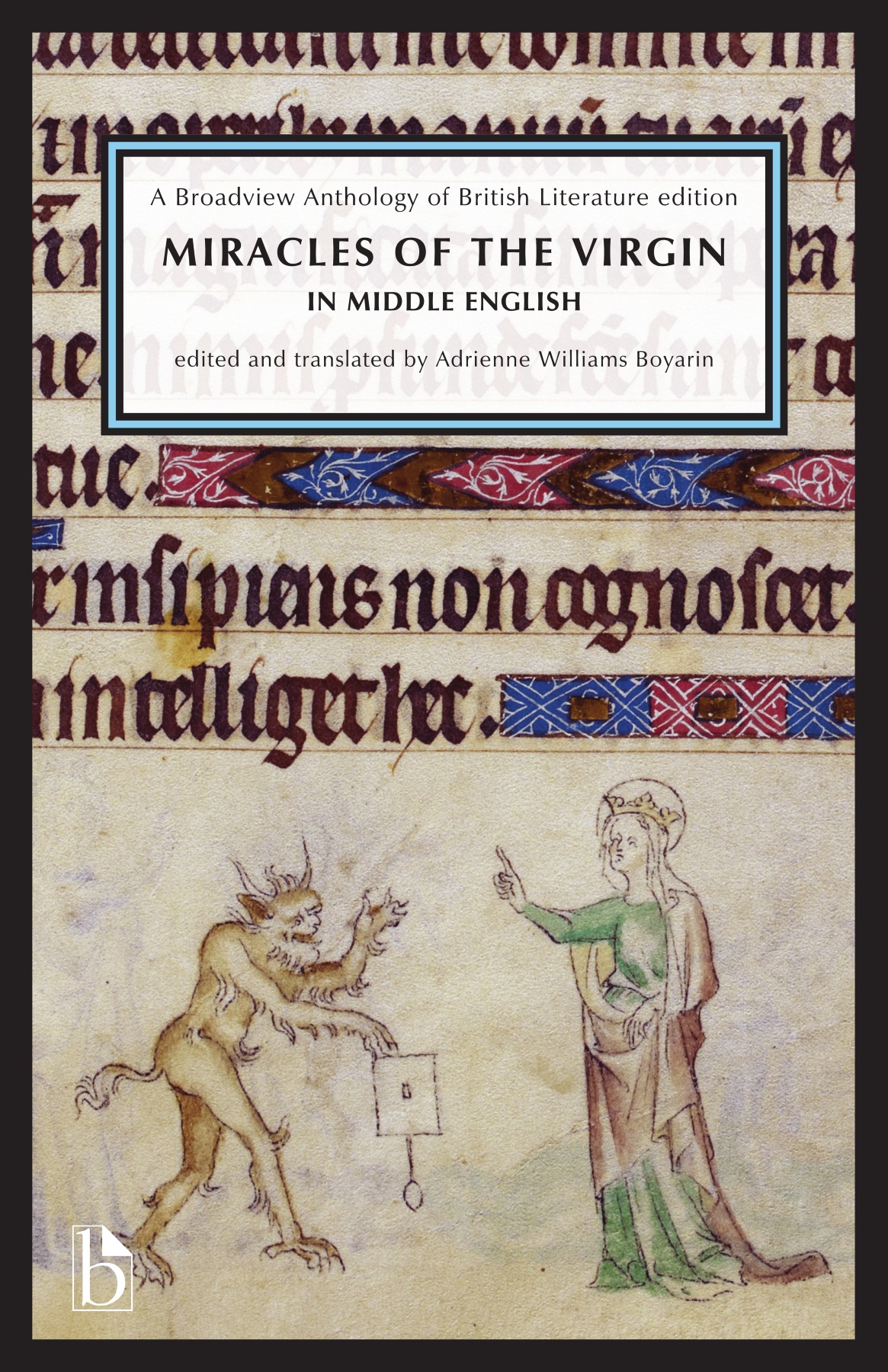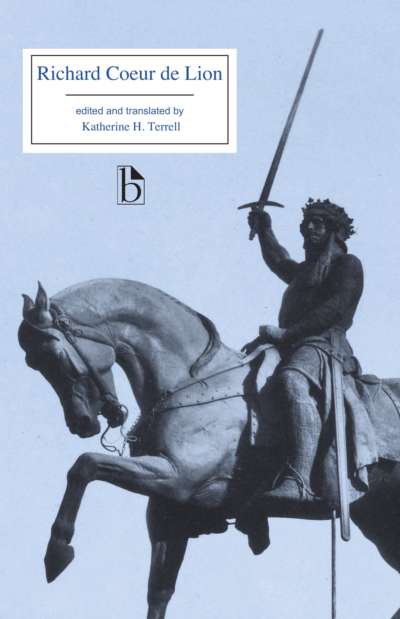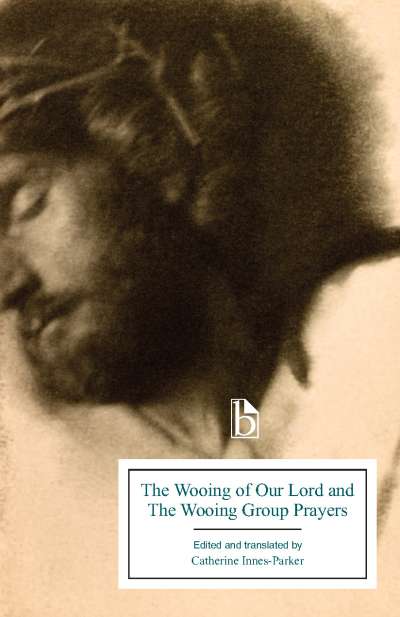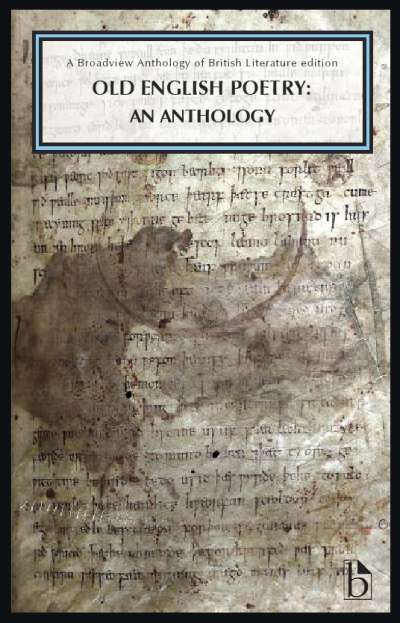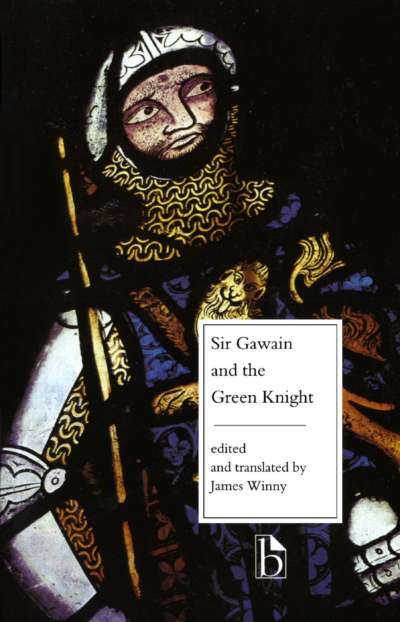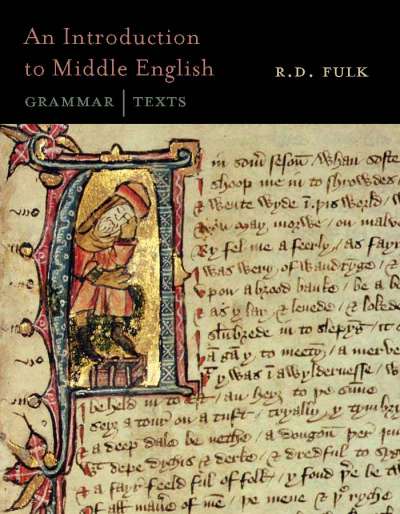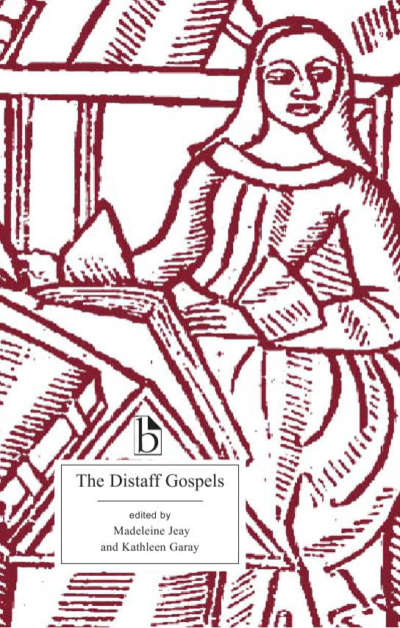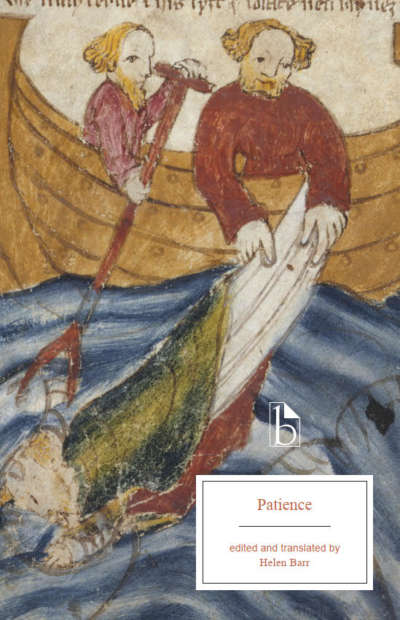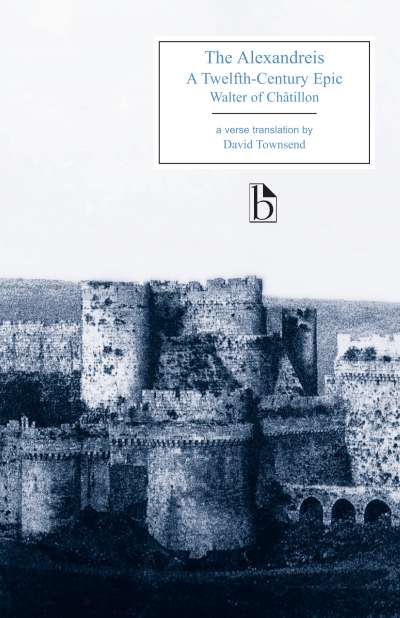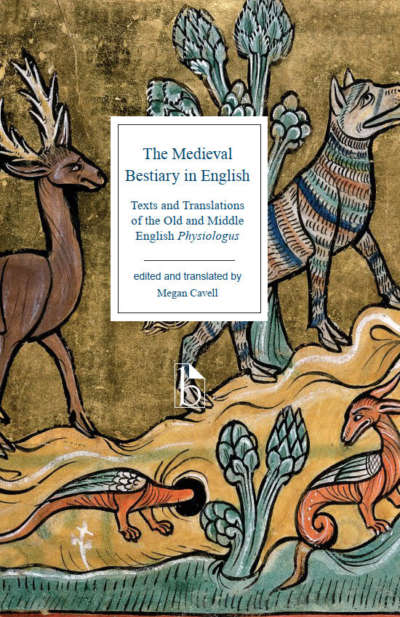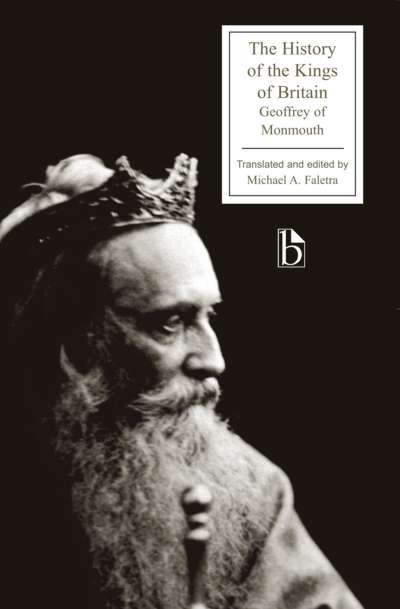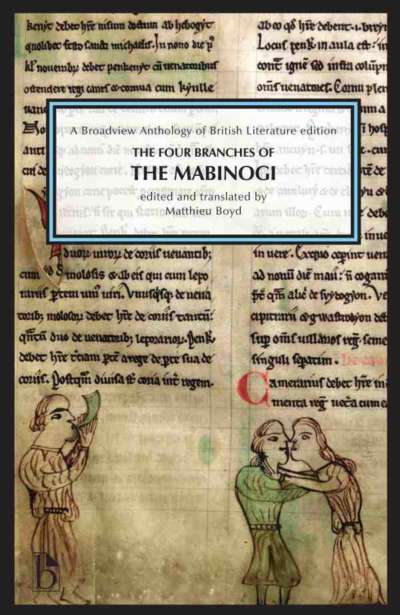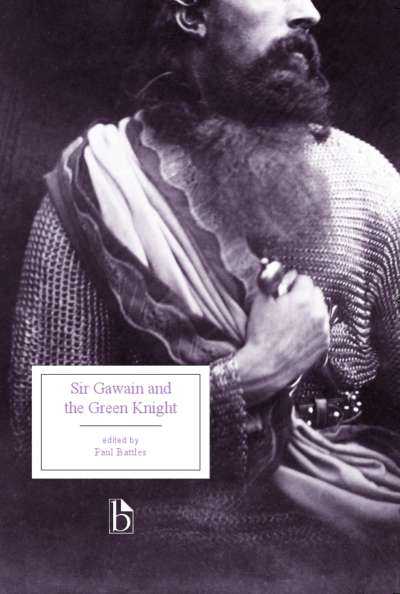During the Middle Ages, Mary was the most powerful of saints, and the combination of her humanity and her proximity to the divine captured the medieval imagination. Her importance is nowhere more clearly reflected than in the genre of “Miracles of the Virgin,” short narrative accounts of Mary’s miraculous intercessory powers. These stories tend to fit a basic narrative pattern in which Mary saves a devoted believer from spiritual or physical danger—but beneath this surface simplicity, the Miracles frequently evoke fine or revealing theological, social, and cultural distinctions. They are remarkably various in tone, ranging from the darkly serious to the comically scandalous, and many display anti-Semitism to a greater degree or with greater punch than do other medieval genres. Mary herself takes on a variety of characteristics, appearing as dominant and persuasive more often than she appears as gentle and maternal.
This volume offers a small but representative sampling of what survives of this literature in the English language. The Middle English has been helpfully glossed and annotated, and is lightly modernized for ease of reading; one particularly challenging story is translated in facing-page format. The “In Context” sections provide relevant biblical passages and medieval versions of the Christian prayers frequently evoked in the miracles; additional samples of Marian poetry and medieval illustrations of Marian miracles are also included.
Comments
“The texts are well-chosen, sensitively modernized, and either translated or appropriately glossed, making the volume useful both for research and teaching. Boyarin’s strategic inclusion of Biblical passages, extra poems, prayers, and illustrations very helpfully put the miracle stories ‘In Context.’ A reliable resource [offering] fascinating material!” — Laura Saetveit Miles, University of Bergen
“Reading through the selections Williams Boyarin has chosen from the vast array of Middle English Marian literature is like going on a tour with a very experienced guide—one who knows what will surprise and delight the most, and what information must be provided to help the visitor make the most of what they are seeing. As a reader familiar with Marian devotion and its literature, I found the texts included to be engaging and telling examples of the rich tradition and range of roles Mary fills … For students or other newcomers to the field, this book can serve as an enticing and efficient introduction to study of the English Marian cult over time and across genres … I can easily imagine using this collection as a textbook in an undergraduate or graduate course on medieval spirituality or Middle English literature … [T]here is no doubt that this collection will spark new interest in a very rich area of medieval religious literature and experience.” — Wendy Larson, The Medieval Review

